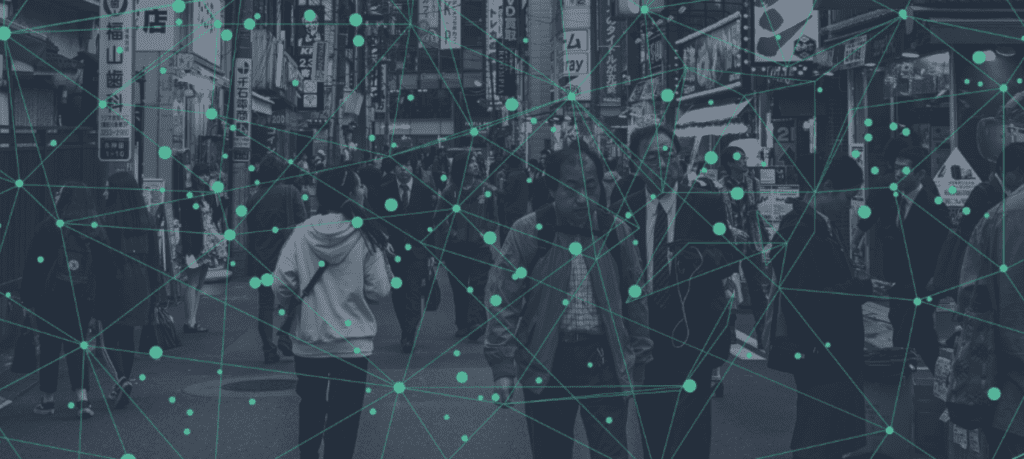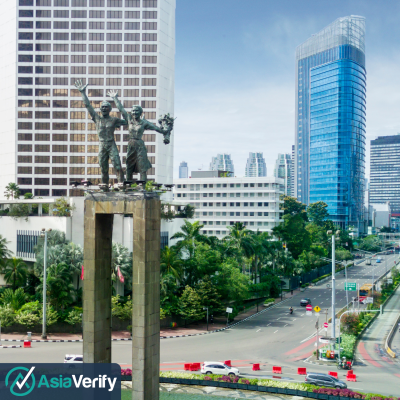Why is finding the UBO so important?
In the first four parts of our Ultimate Beneficial Owner (UBO) blog series, we have looked at who or what is a UBO, how we find a UBO, examples of UBO structures, and the existing regulation of UBOs.But one important question we haven’t answered yet is why finding the UBO is so important. After all, it takes time, money, and resources to uncover the UBO in many instances. What makes it so worthwhile to know? Does it matter in the long run? And who benefits from knowing?
A quick recap – who (or what) is a UBO?
In simple terms, the Ultimate Beneficial Owner is the person(s) with the power to control an entity. The UBO is further defined by the Financial Action
Task Force (FATF) as “the natural person(s) who ultimately owns or controls a
customer and/or the natural person on whose behalf a transaction is being conducted. It also includes those persons who exercise ultimate effective control over a legal person or arrangement.” A critical element of the FATF definition is that it focuses on the natural person. That is, it extends beyond legal ownership and control and takes into account the ultimate owner, the person who exerts effective control.
Why find the UBO?
Let’s start with an example to demonstrate why finding the UBO is important and in some cases, vital to the well-being of millions. The Democratic Republic of Congo is a resource-rich country. These natural resources have historically piqued the interest of foreigners wanting to gain access, and the mining sector has dominated the Congolese economy since the early 1910s. In modern times, interest has been particularly in the nation’s copper and cobalt ore deposits. Between 2010 and 2012, significant stakes in major mining projects were sold off in deals worth billions of dollars. It was purported that these assets were sold at undervalued prices and details about the arrangements were kept under wraps. Proceeds from the sales also never reached state accounts, with an estimated $1.36 billion loss for the Congolese state and its citizens. The buyers of the mining rights were later found to be predominantly companies registered in the
British Virgin Islands. And due to the fact that the British Virgin Islands does not make legal shareholder owner or UBO information available to the public, the Congolese people had no way of finding out who benefitted from these secret deals, thereby minimising their access to recourse and recouping the lost funds for the state.
A foundational reason for why it’s important to uncover the UBO is therefore to simply know who you are dealing with.
Understanding who the genuine parties are to a given transaction or business the arrangement facilitates transparency and allows for the ultimate owners to be held accountable for actions taken. Another reason why it is important to determine the UBO is to understand whether the involved parties have any ties to criminal operations.
Money laundering, financing of terrorism, illegal arms dealings, and proliferation financing can easily occur in the shadowy grey areas when a UBO is not determined. In the example of the Congolese mining rights, it is unclear where the proceeds of the sale went and whether or not it became tied up with illegal activities. Failure to conduct due diligence and knowing these potential links prior to entering a deal or transaction can make your business complicit in criminal activities. And finally, a less altruistic but very pragmatic reason is simply to ensure good governance for your business and avoid financial repercussions for lack of compliance. Due to the growing spotlight on global money laundering and counter-financing of terrorism, many jurisdictions have introduced strict anti-money laundering (AML), Know Your Customer (KYC), Know Your Business (KYB), data privacy and MiFID (Markets in Financial Instruments Directive) regulations for businesses.
Businesses are required to conduct thorough checks on any activities that may give rise to illegal financial crime activities – and the cost of non-compliance does not come cheap. According to research conducted by Fenergo, a provider of compliance technology systems to financial services firms, regulatory enforcement actions against financial institutions and their employees totalled $5.4 billion in 2021 and $10.6 billion in 2020.
Who benefits from knowing who the UBO is?
There are many beneficiaries of knowing who the UBO of a business is. First and foremost, the primary beneficiaries are the direct stakeholders of a business – its partners, employees, customers, and shareholders. By knowing who the UBO is, all stakeholders have increased transparency and insight into how the business is being run. These stakeholders can then make more informed and knowledgeable decisions about their ongoing involvement with the business. An understanding of who the UBO is also benefiting the business as a whole. It enables the business to conduct its activities transparently and remain compliant with jurisdictional regulations around reporting and decision-making. As demonstrated in the case of the Democratic Republic of Congo, another beneficiary of identifying UBOs is all of society. When we operate in a world that is governed well and where decisions and ownership are visible, it makes it easier to interrogate and take recourse if and when needed. Uncovering UBOs also helps to mitigate the proliferation of criminal enterprises around the world and prevents them from hiding their finances behind shell businesses and other shady mechanisms. Shell company-related money laundering costs the United States around $70 billion per year. Verifying the UBOs of businesses will enable governments to more effectively find and recoup these lost funds and use the funds for the benefit of their citizens and society. How AsiaVerify can help you dig deeper and find the UBO AsiaVerify is an innovative RegTech (regulation technology) company that utilises market-leading technology to identify UBOs. It commenced operations in 2019 with a mission to transform business verification technology across the Asia-Pacific and has since become the partner of choice in the region, providing best practices in Know Your Business (KYB), Know Your Customer (KYC), and UBO verification. The unique technology of AsiaVerify resolves these issues by providing instant data access to government databases from ten key APAC markets, along with real-time translations and automation of the information.
For more information on UBO in any APAC jurisdiction, including circular ownership structure, our team is here to support you.
Additionally, explore these comprehensive guides for detailed insights on UBO:
Learn more about AsiaVerify’s services by visiting the website or by contacting [email protected]
to speak to a multilingual regulatory expert.






